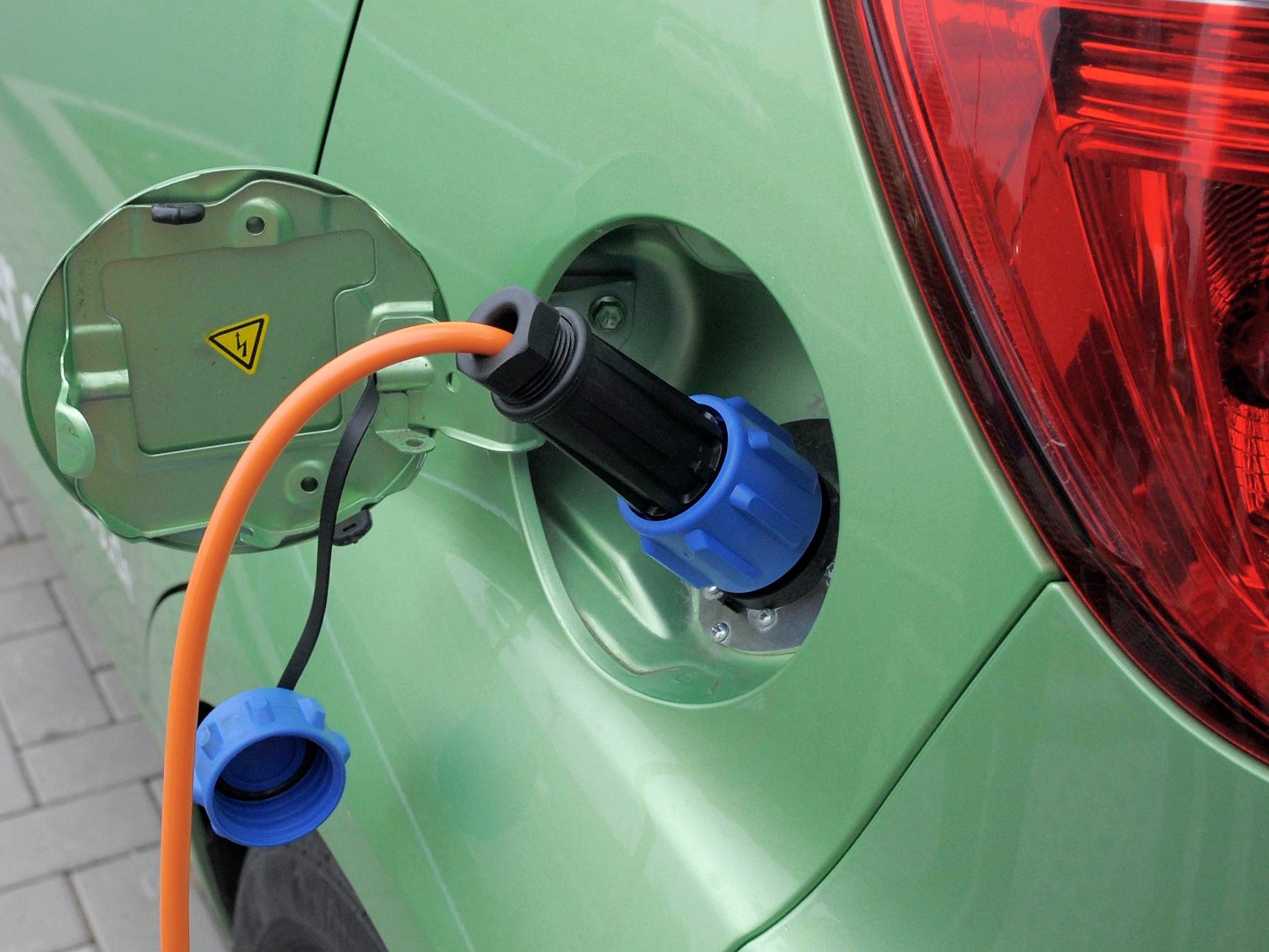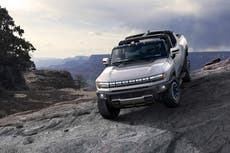Battery breakthrough could make charging cars as quick as filling up with fuel
‘There is no more range anxiety and the battery is affordable,' says Penn State professor

A new type of electric car battery that offers a 250 mile (400km) range from just 10 minutes charge could finally end range anxiety, according to the researchers who developed it.
The team from Penn State university created a self-heating battery that quickly warms up to 60 degrees in order to optimise the efficiency of transferring charge.
The self-heating method was developed using existing technologies and significantly reduces the weight, volume and cost of commercial electric vehicle batteries.
“We developed a pretty clever battery for mass-market electric vehicles with cost parity with combustion engine vehicles,” said Chao-Yang Wang, professor of chemical engineering and director of the Electrochemical Engine Center at Penn State.
“There is no more range anxiety and the battery is affordable. The very fast charge allows us to downsize the battery without incurring range anxiety."
It is one of several efforts around the world that is dedicated to achieving what some researchers have described as the “holy grail” of batteries.
In October last year, a team of engineers from the University of Science and Technology of China (USTC) claimed to have made an advance that would provide electric cars with 500km of range from just 10 minutes of charging.
“The combination of high energy, high [charging] rate, and long cycle life is the holy grail of battery research,” USTC professor Henxing Ji said at the time.
Their battery was able to restore 80 per cent of its capacity within 10 minutes of charging, however scalable production is yet to be achieved.
Current commercial batteries for electric cars, such as the lithium-ion units used in Tesla vehicles, have a range of up to 500km but take anywhere between an hour and a day to charge depending on the system used.
At Tesla’s Battery Day event last year, CEO Elon Musk unveiled a new spiral design battery that offered a “massive breakthrough” in the amount of charge a battery can store.
The Tesla boss said the advancement would allow the company to manufacture a $20,000 electric car within the next few years, however the new design does not make a significant dent on the charge time.
The latest research, published in Nature Energy this week, was supported by the US Department of Energy and the Penn State team hope to make it commercially available in the near future.
“I am very happy that we finally found a battery that will benefit the mainstream consumer mass market,” Professor Wang said.
“This is how we are going to change the environment and not contribute to just the luxury cars. Let everyone afford electric vehicles.”
Join our commenting forum
Join thought-provoking conversations, follow other Independent readers and see their replies
Comments
Bookmark popover
Removed from bookmarks